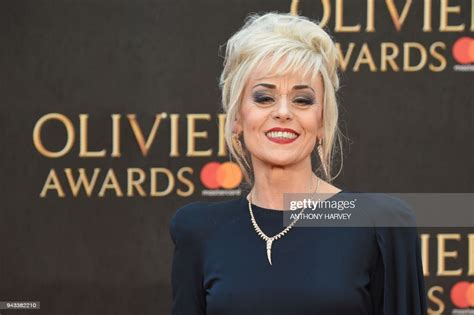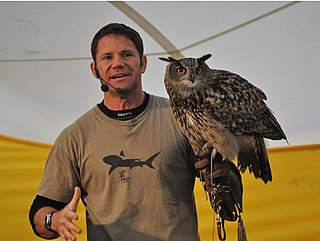A Quote by Sara Sampaio
I'm obsessed with great white sharks. And I want to dive into the coral of the Great Barrier Reef.
Related Quotes
The really valuable thing about documenting coral bleaching is that it is this straight, very direct visual indicator of how hot the oceans are getting. If the temperature of the water passes a certain threshold, the corals turn white. It's that simple. There's nothing natural about the cycle that's going on right now. In 2016, we lost 29 percent of the Great Barrier Reef. So 29 percent of the Great Barrier Reef died in a single year, because the water was hot.
Sharks don't particularly have a great interest in divers. It seemed that in a normal dive, I would jump in the water, and one or two gray reef sharks would swim in and kind of check me out - and then they would keep their distance. So they weren't particularly threatening or anything to be afraid of.
On Cape Cod, great white shark stocks have been growing, or at least becoming more concentrated, because of the multiplying numbers of seals around Monomoy Island. We are fortunate to have such abundance of these sharks in our own waters. Around the globe, we are killing in excess of 100 million sharks each year.







































